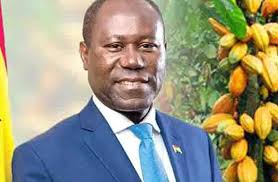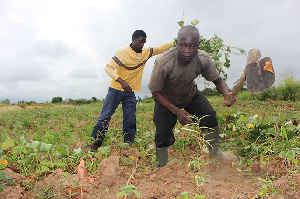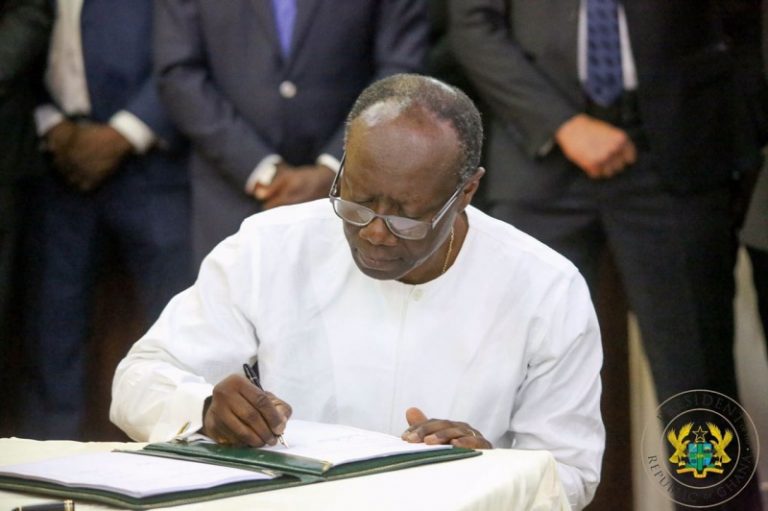Ghana gets only $2bn from $100bn cocoa industry – COCOBOD CEO

Despite producing about 20 per cent of the world’s total cocoa beans, Ghana gets only $2 billion in terms of revenue from the $100 billion cocoa industry, Chief Executive Officer of the Ghana Cocoa Board (COCOBOD), Mr Joseph Boahen Aidoo, has disclosed.
This is due to the inability of the country to add value to its cocoa beans, as about 80 per cent of the cocoa produced is exported in its raw form.
“Ghana is the second leading producer of cocoa as we account for roughly 20 per cent of the world cocoa production but the income we get from the entire cocoa value chain which involves production, processing and manufacturing of chocolates is just $2 billion,” he said.
Mr Boahen Aidoo said this when some executive members of the Standard Group visited COCOBOD.
“Together with Cote d’Ivoire, we produce about three million tonnes of cocoa beans which translate into about 60 per cent of the world’s cocoa but the revenue generated from the sale of cocoa for the two countries doesn’t even add up to $6 billion, and this is sad,” he noted.
Farmers
Mr Aidoo also indicated that the farmers in Ghana who were the anchor around which the industry revolved got less than three per cent of the US$100 billion.
“The farmers in Ghana who are producing about three bags per acre and are the anchor in the entire cocoa value chain get about only three per cent of this amount,” he stated.
“We are talking about 800,000 farm households and in effect we have about 1.2 million farmers involved and most of them are smallholder farmers operating about 2.5 hectares,” he added.
Low production
Commenting on cocoa production in the country, the CEO pointed out that production had been very low in the country over the years.
“The average cocoa farmer in Ghana produces around 450 kilos per acre which translates into about three bags per acre which is very low,” he noted.
He said COCOBOD had, therefore, been undertaking some productivity enhancement programmes to improve upon the productivity of farmers.
“We believe in a vertical productivity and not lateral, and what it means is that we want to inject a lot of the efficiency into the way production takes place, such that given the same acreage of land, the farmer should be able to enhance his or her productivity and increase yield on the same piece of land,” he explained.
Purpose of visit
The Head of the delegation from the Standard Bank Group, Mr Steve Hall, said the purpose of their visit was part of the bank’s efforts to drive economic growth in Africa.
“We are not here just to bank Africa, but the purpose resides in the fact that we see Africa as an entire continent and a home, and we are here to drive its growth.
“We are also here as an executive team to learn about how we can play our role in making this our home and be able to drive the growth of Africa.
We are on a journey to learn around these things so that as an executive we can help transition the bank into one that can really drive Africa’s growth,” he noted.
Source: Graphic.com.gh





